Why rail fares are rising again
Expected increase of 2.8% would add £100 to price of many season tickets
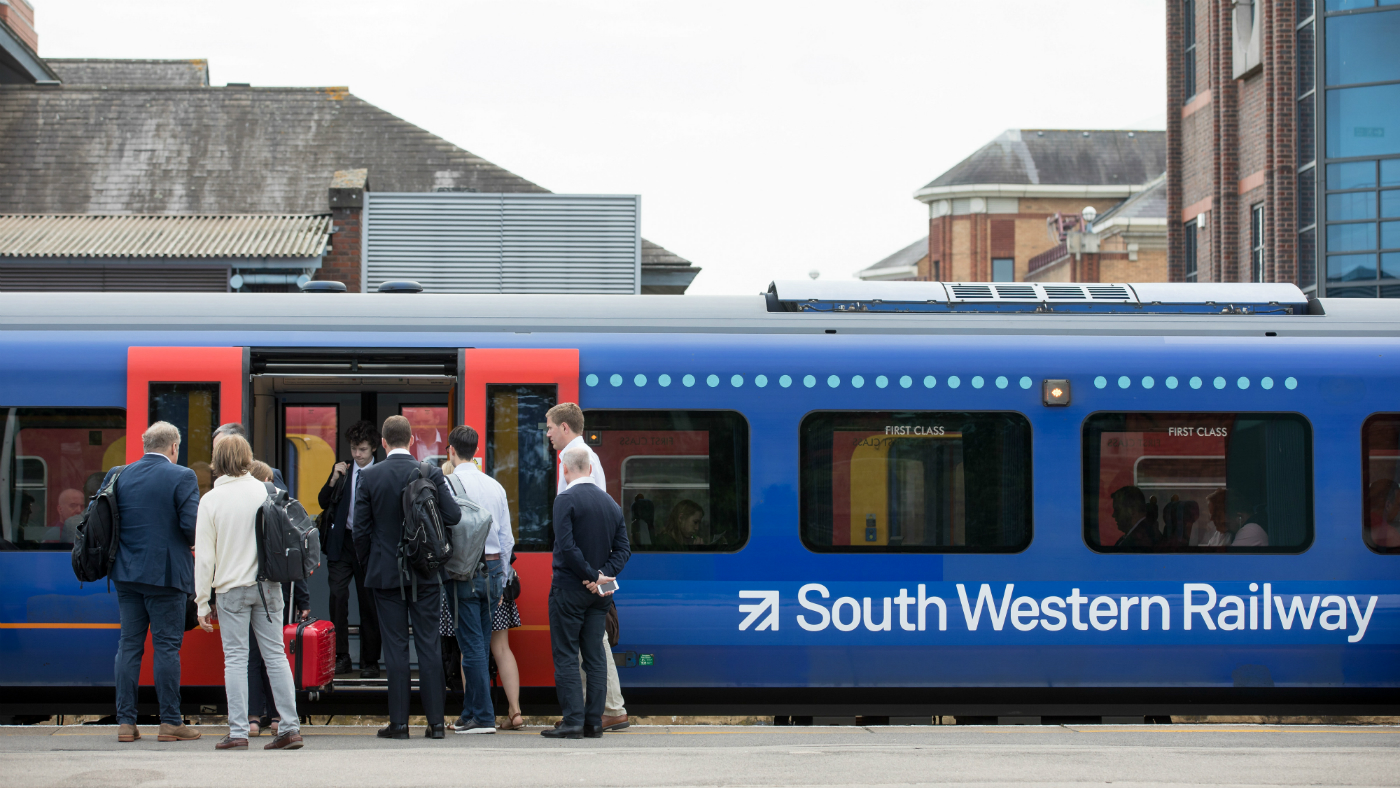
A free daily email with the biggest news stories of the day – and the best features from TheWeek.com
You are now subscribed
Your newsletter sign-up was successful
Train fare rises will drive passengers away from rail travel, unions and campaigners have warned.
A fare rise of about 2.9% is expected to be confirmed today, leading to an increase of more than £100 in annual commuting costs for many passengers.
Bruce Williamson, from campaign group Railfuture, said: “It might be that we’ve now reached the point where we cannot simply put fares up and expect passengers to take the hit. They will just give up and refuse to pay. They will either find another job or another form of transport.”
The Week
Escape your echo chamber. Get the facts behind the news, plus analysis from multiple perspectives.

Sign up for The Week's Free Newsletters
From our morning news briefing to a weekly Good News Newsletter, get the best of The Week delivered directly to your inbox.
From our morning news briefing to a weekly Good News Newsletter, get the best of The Week delivered directly to your inbox.
The rise will be based on the Retail Prices Index (RPI) inflation measure for July. Analysts expect that figure to be around 2.9%, meaning a significant shift in season ticket costs.
The Campaign for Better Transport (CBT) has long pressed for a different method of calculating fares. It calls for the most widely watched and used measure of inflation, the Consumer Prices Index (CPI), to be used instead of RPI. Last month, the CPI figure was 2%.
The Daily Mail says that “the RPI measure of inflation is often discredited”.
Rail fare rises are never popular but have continued despite public concern. A briefing paper published by the House of Commons Library shows that since privatisation in 1995 and last year, average fares increased in real terms by 20%. ITV explains that “it has been the policy of successive governments to switch the burden of funding the railways from taxpayers to passengers”.
A free daily email with the biggest news stories of the day – and the best features from TheWeek.com
The latest rise comes “after a decade when fares have risen at double the rate of wages”, The Guardian says.
Defending rises, Rail Minister Chris Heaton-Harris said: “It's tempting to suggest fares should never rise. However, the truth is that if we stop investing in our railway then we will never see it improved.”
Labour says the shift means passengers are “paying more for less”.
Andy McDonald, the shadow transport secretary, said: “Rail travel has got more expensive every year in real terms under the Conservatives. What’s worse is that as rail performance and service quality has declined passengers are paying more for less.”
The TUC trade union also attacked the rises. The group said private train operators paid out £200m in dividends to their shareholders in 2017-18 and received £3.8bn in public subsidy.
It renewed its call for the railway to be renationalised, arguing it would lead to lower ticket prices. "We're already paying the highest ticket prices in Europe to travel on overcrowded and understaffed trains,” said the union's general secretary Frances O'Grady.
Although UK rail journeys reached a record 1.76bn in 2018/19, those made using season tickets have fallen in the past three years, from 712mn in 2015/16 to 625mn in 2018/19.
The Rail Delivery Group says 98p of every pound spent on train fares is invested back into the railway. After today, the next increase is expected in January 2020.
-
 Political cartoons for February 14
Political cartoons for February 14Cartoons Saturday's political cartoons include a Valentine's grift, Hillary on the hook, and more
-
 Tourangelle-style pork with prunes recipe
Tourangelle-style pork with prunes recipeThe Week Recommends This traditional, rustic dish is a French classic
-
 The Epstein files: glimpses of a deeply disturbing world
The Epstein files: glimpses of a deeply disturbing worldIn the Spotlight Trove of released documents paint a picture of depravity and privilege in which men hold the cards, and women are powerless or peripheral
-
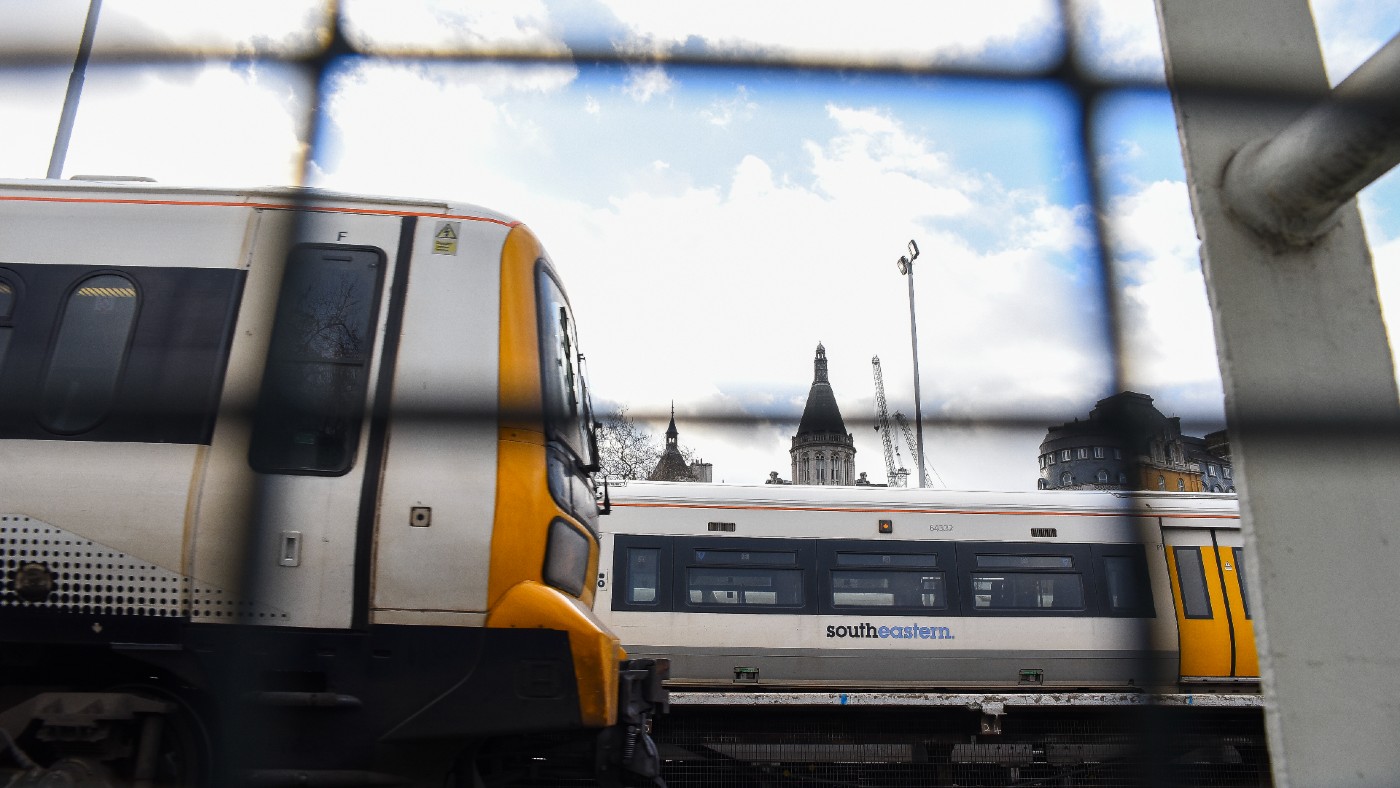 Rail strikes: is Britain on track for a ‘summer of discontent’?
Rail strikes: is Britain on track for a ‘summer of discontent’?Speed Read The ‘biggest rail strike in modern history’ is planned for next week
-
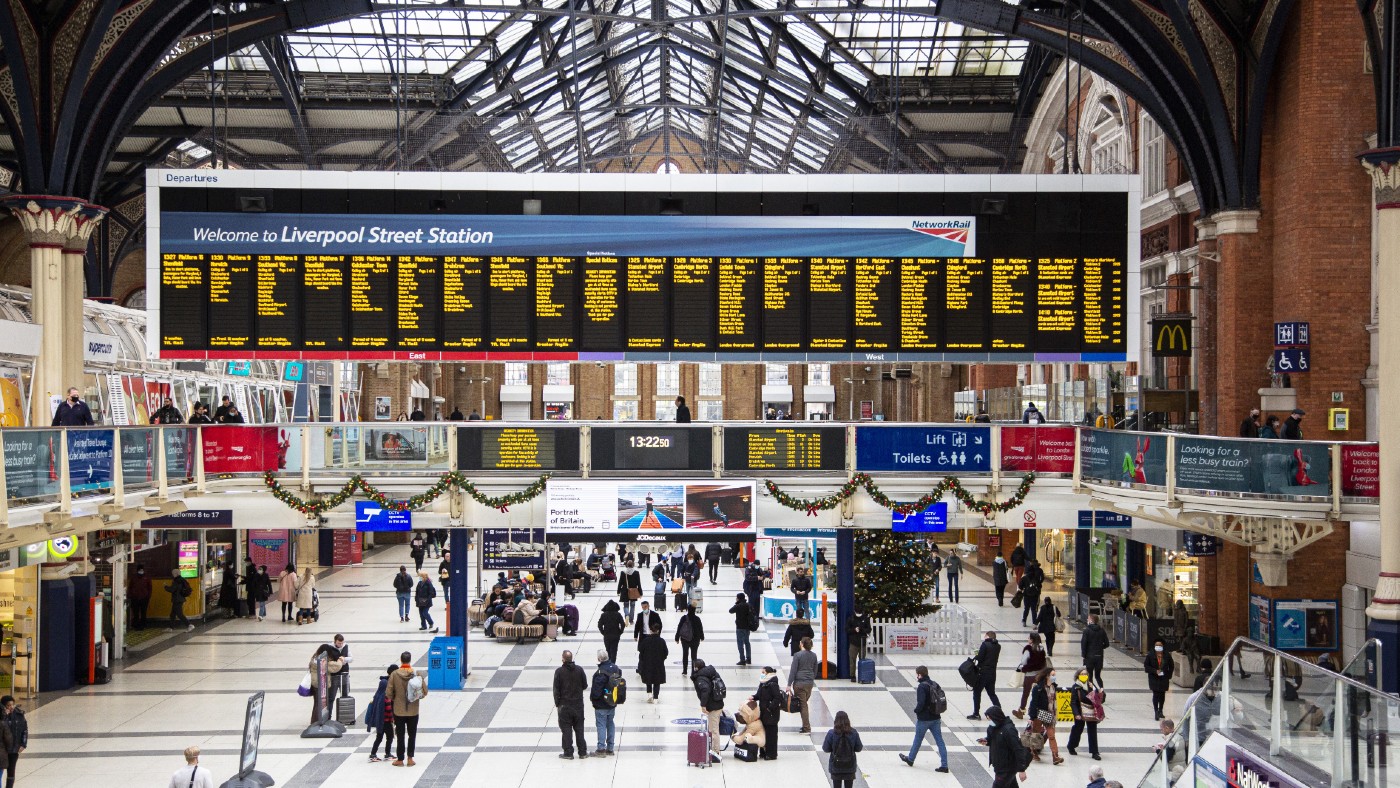 ‘See it. Say it. Sorted’: is it the end of the line for train announcements?
‘See it. Say it. Sorted’: is it the end of the line for train announcements?Speed Read The transport secretary has pledged a ‘bonfire of the banalities’ on England’s railways
-
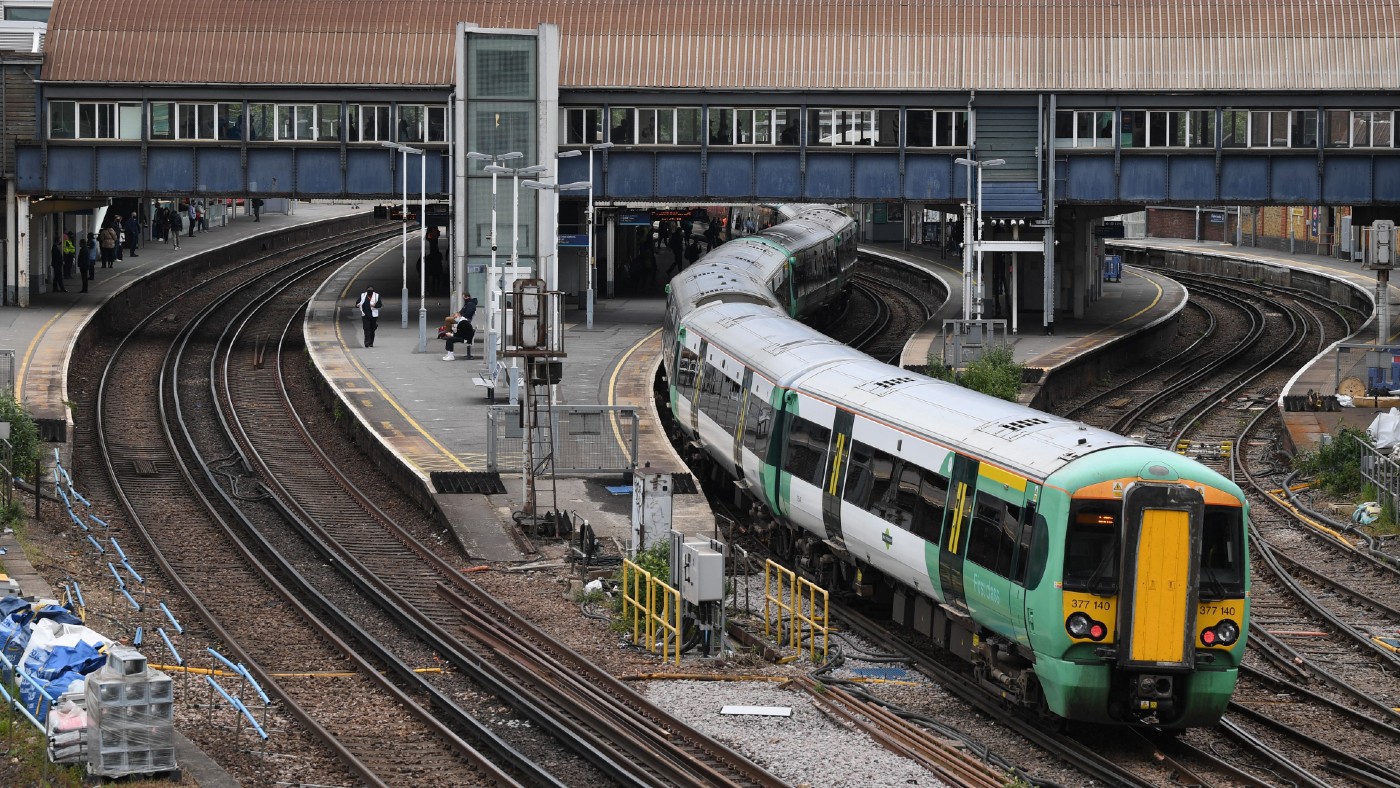 Flexible rail season tickets: ‘many passengers will be disappointed’
Flexible rail season tickets: ‘many passengers will be disappointed’In the Spotlight Part-time commuters can start using the new flexi tickets from 28 June
-
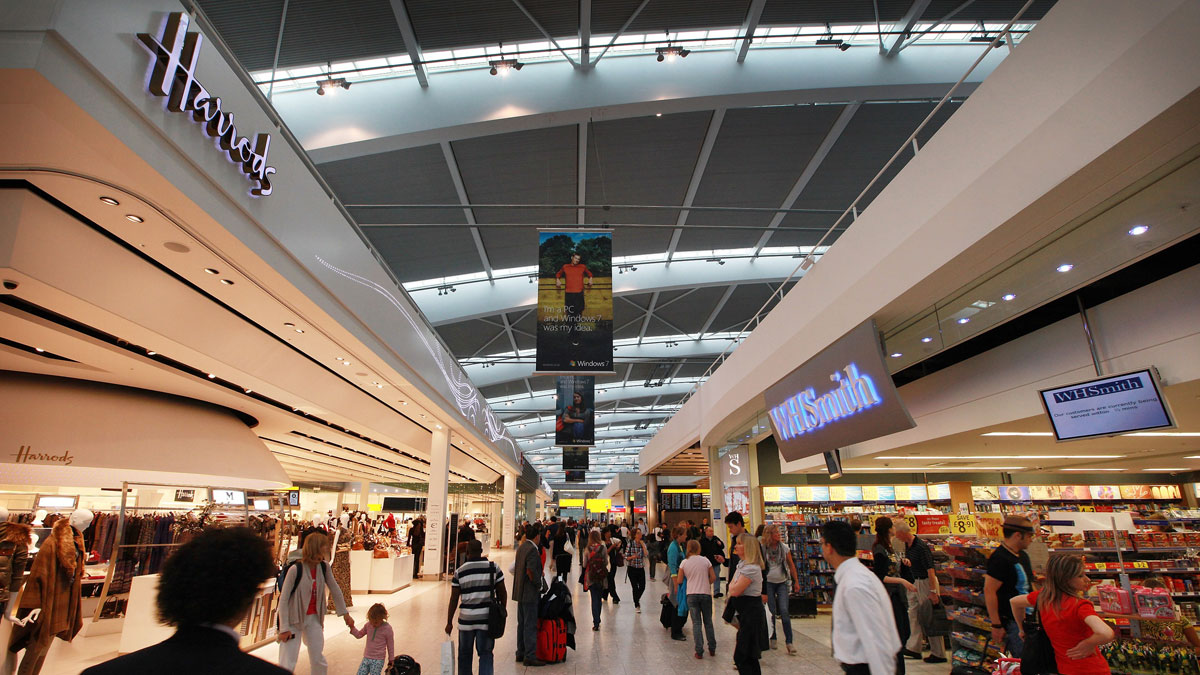 UK to bring in airport Covid tests for arrivals
UK to bring in airport Covid tests for arrivalsSpeed Read MPs call for stricter border measures as South African variant of coronavirus spreads
-
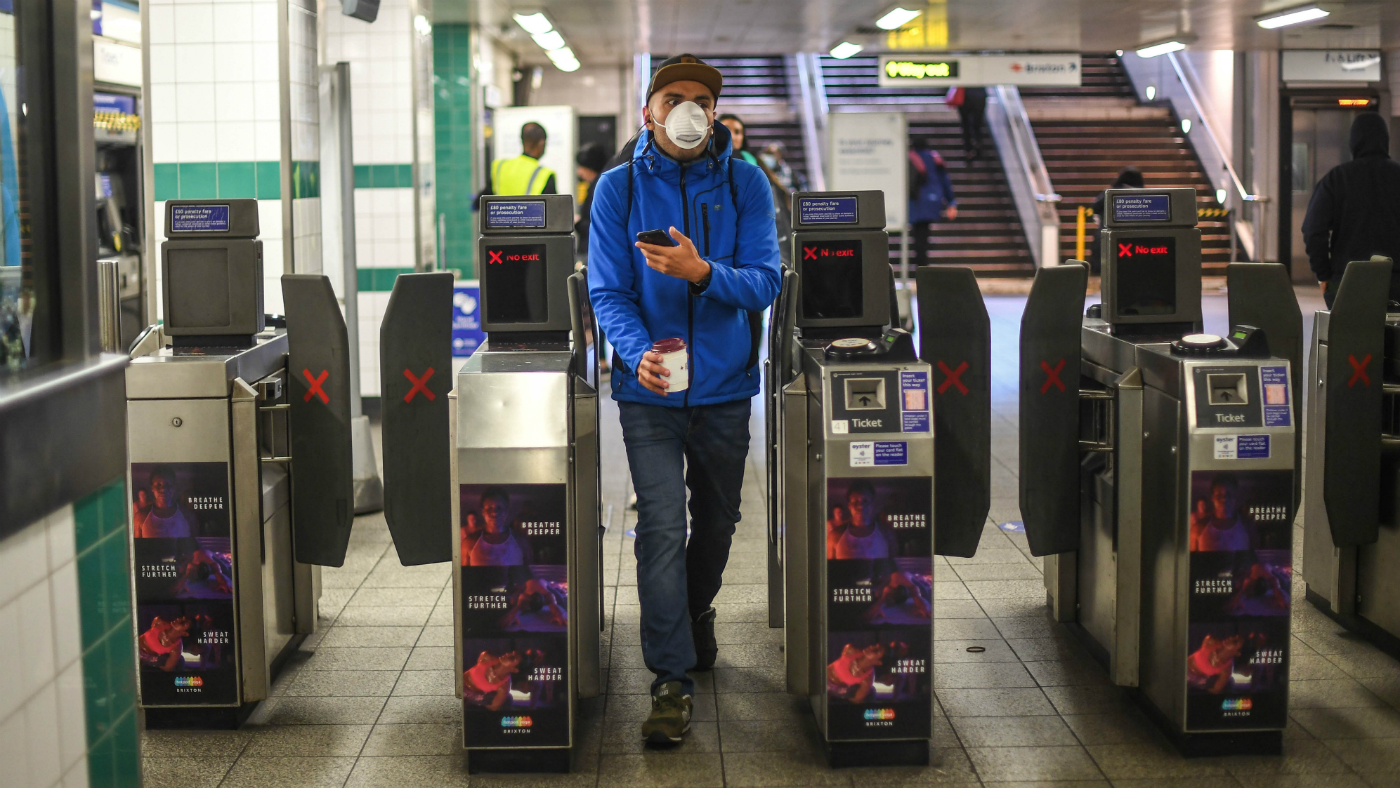 UK records biggest jump in transport use since pandemic began
UK records biggest jump in transport use since pandemic beganSpeed Read Monday rush hour sees spike in commuters across country as trains return to 90% of pre-coronavirus services
-
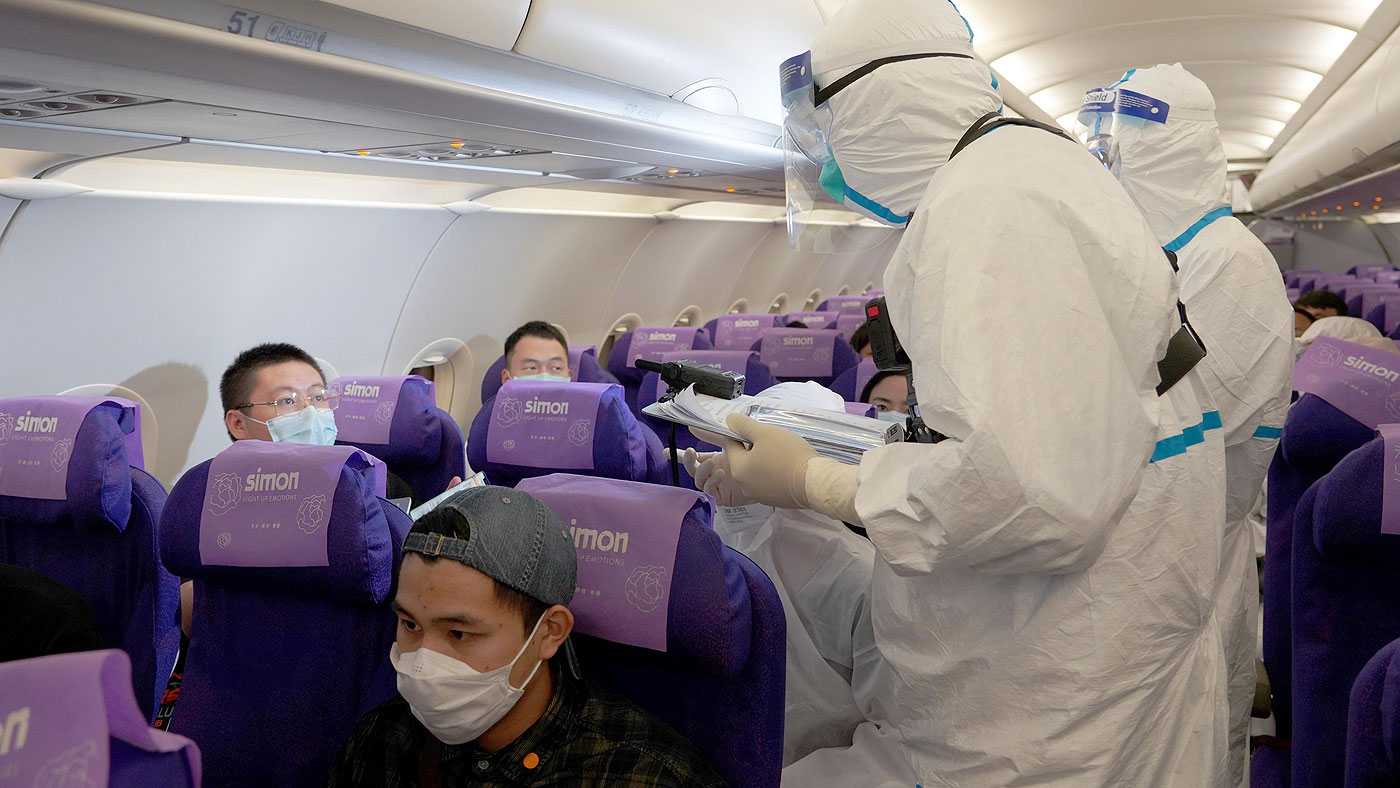 Coronavirus: what are the odds of catching Covid-19 on a plane?
Coronavirus: what are the odds of catching Covid-19 on a plane?Speed Read Studies suggest air travel is safe despite concerns about air quality
-
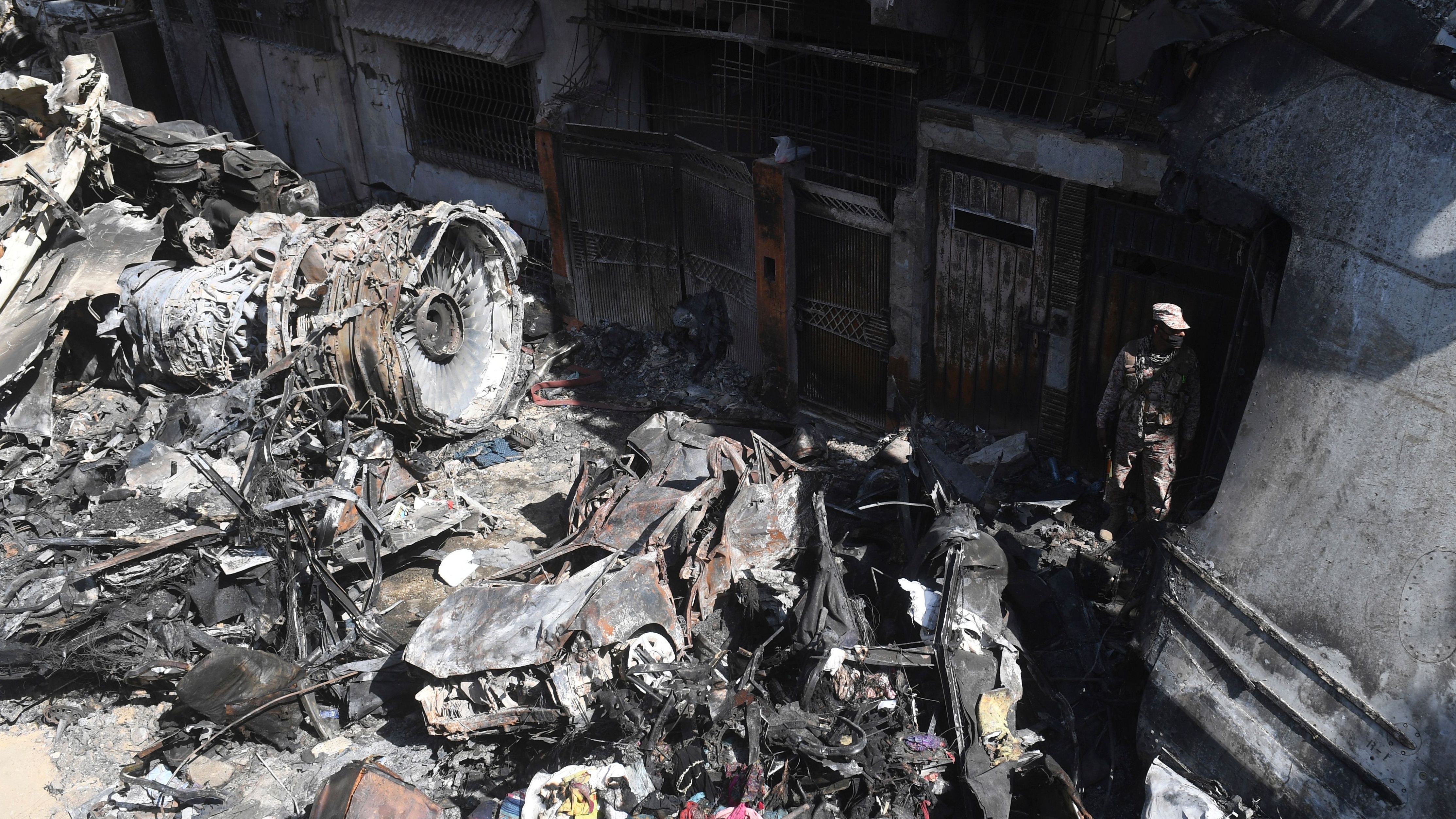 Plane crashed ‘as distracted pilots discussed Covid fears’
Plane crashed ‘as distracted pilots discussed Covid fears’Speed Read Preliminary report says ‘human error’ to blame for crash in Pakistan that claimed 98 lives
-
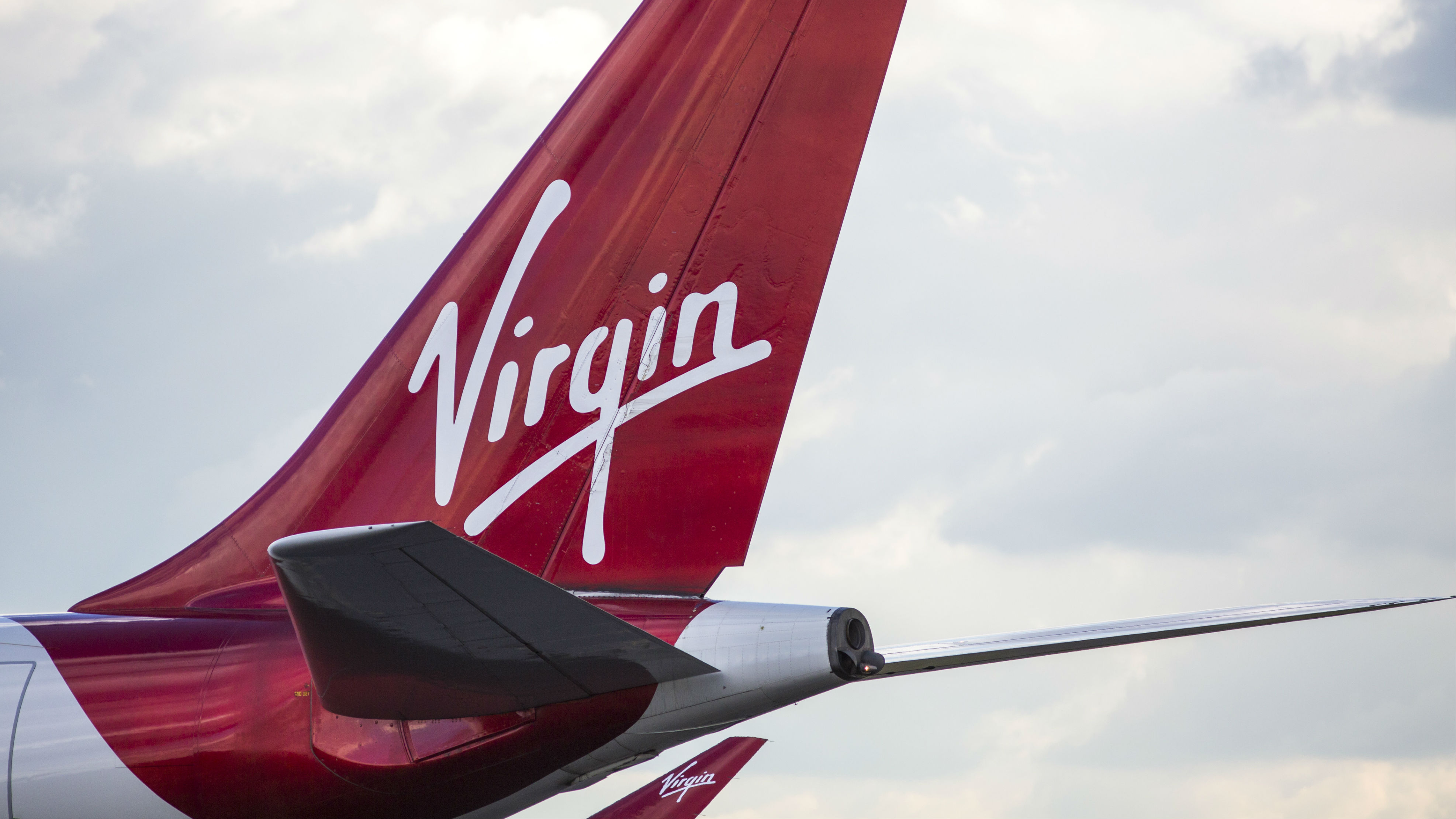 Coronavirus: Virgin Atlantic tells staff to take unpaid leave
Coronavirus: Virgin Atlantic tells staff to take unpaid leaveSpeed Read Move comes amid warnings that global pandemic could bankrupt aviation industry